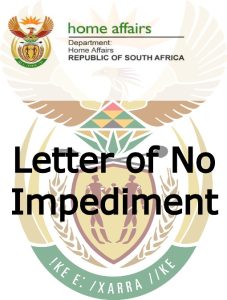Individuals travelling from South Africa to other countries are typically required to present a set of legalised documents to immigration authorities when applying for a visa and, occasionally, upon arrival in the destination country. Those trying to meet this requirement in South Africa often come across two terms: ‘DIRCO apostille’ and ‘High Court apostille’. While both play a vital role in verifying the authenticity of documents, they are distinct processes designed for specific purposes.
Understanding the key differences between the two is essential to ensure your documents are processed and accepted without delay or legal issues.
If you’ve ever been confused by the differences between these two methods, this guide to understanding DIRCO vs. High Court Apostille will clarify the distinctions and help you understand their importance.
Purpose of the Apostille convention
The Apostille Convention was created to eliminate the lengthy legalisation process and replace it with a single formality. This process is known as Apostille and this is done by an authority designated by the State of origin called the Competent Authority. The authorities in South Africa are the Registrar at the High Court and the Chief Directorate, Consular Services at DIRCO who have been elected as competent authorities to assist herein.
The Hague Conference on Private International Law developed and negotiated a new convention that facilitates the authentication of the public documents which are to be produced abroad. This service is only contractual to all the countries that are signatories to the convention.
Characteristics of Apostille:
- International Recognition: Apostilles are accepted in countries that are part of the Hague Convention, simplifying cross-border document usage.
- Uniform Format: Apostilles follow a consistent format and include specific information such as the issuing country, date, and seal.
- Legal Documents: Apostilles are primarily used for legal documents, ensuring their authenticity abroad.
What is DIRCO Apostille?
- Definition: DIRCO apostille is the certificate issued by the Department of International Relations and Cooperation (DIRCO)that authenticates the origin of a public document, such as a birth certificate, marriage certificate, or degree certificate, for use in countries that are members of the Hague Convention.
- Processing time: The processing time for obtaining an apostille certificate from DIRCO (Department of International Relations and Cooperation) in South Africa is typically 6 to 8 weeks, though this can vary. This time frame applies to the standard service and can be longer due to backlogs and other factors. Expedited services can potentially reduce this time to 3 to 5 business days, but this comes at an additional cost.
- Cost: A DIRCO apostille is free of charge for individuals who submit the document themselves to the department, but due to backlogs, many people prefer to use legalisation services that charge fees for expedited processing. These professional services, which include document preparation and handling, typically cost between R1,000 and R2,500 per document. Depending on the service used and the destination,
What is High Court Apostille?
- Definition: A High Court Apostille is a certificate issued by the High Courts of South Africa that authenticates documents originating from the South African judicial system, or those notarised by a South African notary public. Examples include affidavits, powers of attorney, divorce orders, court orders and notarised copies. It is used for documents intended for use in countries that are members of the Hague Convention.
- Process: The processing time for a High Court apostille in South Africa can vary, but generally ranges from one to five business days. This is often quicker than obtaining an apostille from DIRCO (the Department of International Relations and Cooperation).
- Cost: Apostille certificates are issued free of charge by the courts. However, the notary authentication of documents usually incurs a cost. Notary fees typically range from R650 to R2,875 per document, depending on the specific court and whether a service provider is used. Some providers offer expedited services at additional cost.
DIRCO and High Court apostille variance
Both the DIRCO and High Court apostilles serve the same purpose: to validate documents in accordance with the rules and regulations outlined in the Hague Convention. This means that the two apostilles are identical and the certificates issued by both entities have the same legal value. However, documents issued by government departments such as the Department of Home Affairs, South African Police Services (SAPS) SAQA and the Traffic Department are apostilled by DIRCO, while documents issued by the judicial system, such as court orders and notarised documents, are apostilled by the courts.
Both DIRCO and High Court apostilles are completed by attaching an apostille certificate. This confirms that the documents were legalised in South Africa by either the Department of International Relations and Cooperation or the High Court.
FAQS: DIRCO vs. High Court Apostille
- Why do documents need to be apostilled?
The purpose of document authentication is to prevent fraud and ensure the validity of important documents, such as marriage and birth certificates, college degrees, and police clearance certificates.
- When do you need an apostille from South Africa?
Apostille certificates are generally required for documents from one country to be used in legal proceedings in another country that is part of the Apostille Convention. This applies to visa applications, immigration procedures, adoption documents, etc.
- Where can I obtain a DIRCO apostille in South Africa?
At the legalisation section of the Department of International Relations and Cooperation (DIRCO) which is located on the ground floor of the OR Tambo Building at 460 Soutpansberg Road, Rietondale, Pretoria 0084.
- Where can I obtain a high apostille in South Africa?
From the registrar’s office of any High Court in South Africa.
Global Apostille: your partner in document legalisation.
Based in Pretoria, Global Apostille is an authentication and legalisation agency that provides comprehensive legalisation services for all South African documents intended for international use. Thanks to our many years of experience and expertise, we can guarantee that you will not regret choosing our services. Global Apostille assures all its clients that their documents will be apostilled and returned to them on time and hassle-free.
If you need Apostille services in Pretoria, Cape Town, Johannesburg or Durban, we can help! We provide apostilles for certificates from the Department of International Relations and Cooperation (DIRCO) and High Courts in Pretoria. We ensure that your important documents are properly certified in the shortest possible time.
For more information, please contact us at: Tel: 012 348 3134; Mobile: 081 347 6060; Email: info@apostillelegalisation.co.za















